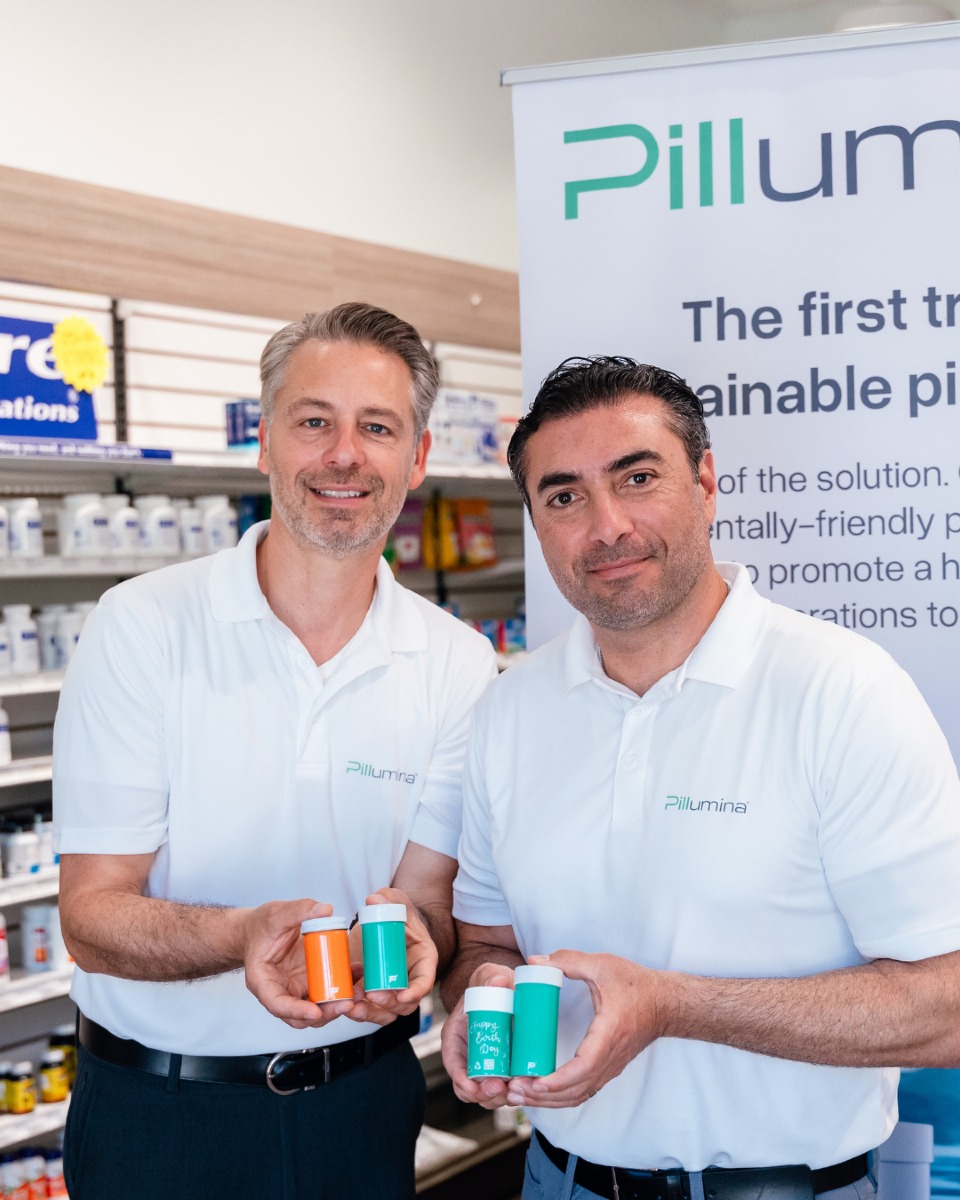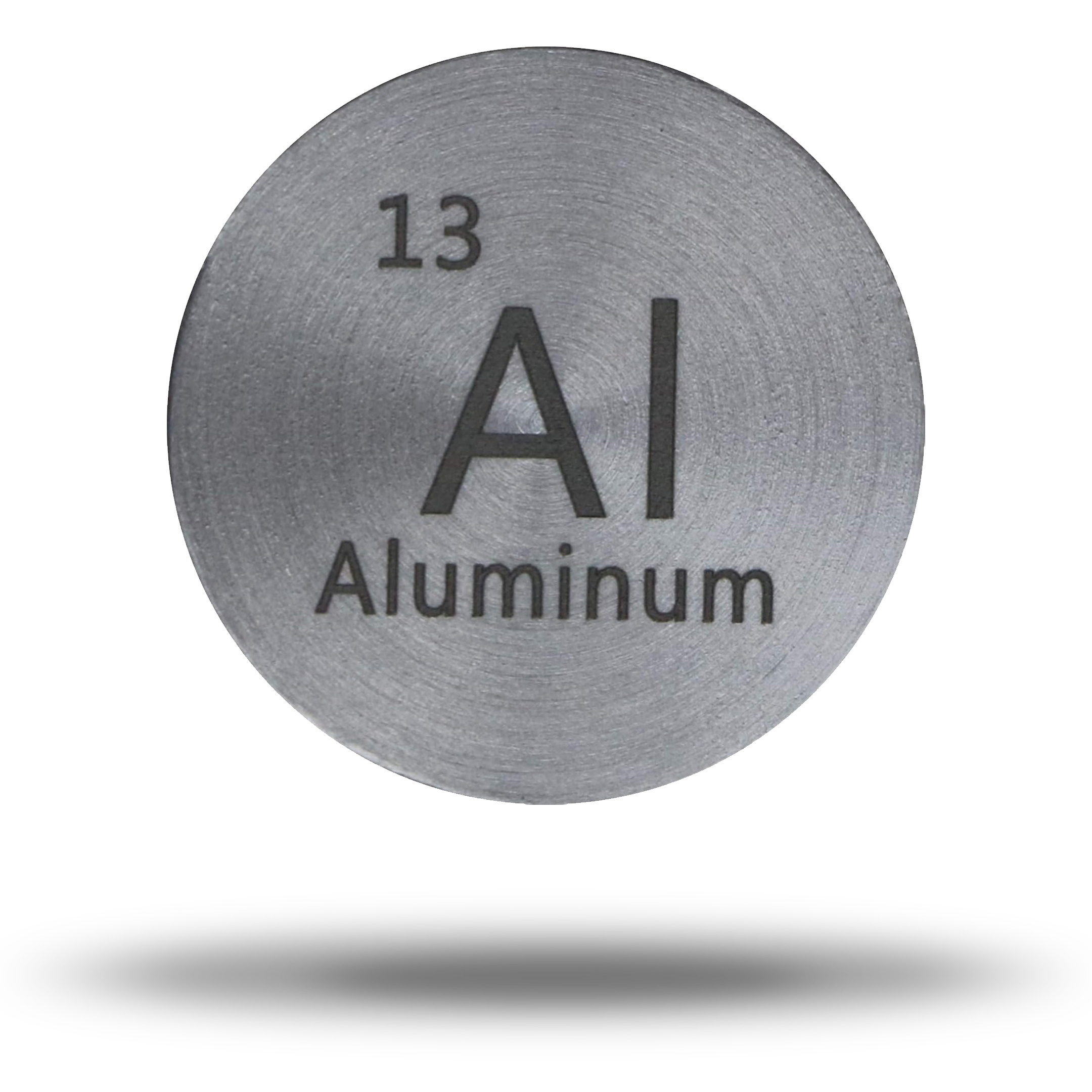Traditional plastic pill bottles are a major source of environmental pollution. Most end up in landfills, waterways, or oceans, where they break down into microplastics. The average person consumes about 5 grams of microplastics each week and linked to serious health risks including heart disease, cancer, reproductive and digestive issues, inflammation, and neurodegenerative conditions.
Aluminum offers a safer, more sustainable alternative. It can be recycled infinitely without any loss of strength or quality. In contrast, plastic and paper degrade with each recycling cycle, weakening over time. Nearly 75 percent of all aluminum ever produced is still in use today.
Unlike plastic, which is often downcycled and eventually discarded, aluminum maintains its integrity through every reuse, making it a truly circular material. Paper-based packaging and plant-based plastics also fall short. Paper often includes plastic liners that complicate recycling, and plant-based plastics typically behave like conventional plastic, breaking down into microplastics and rarely being recycled. Aluminum stands apart as the only option that can be endlessly recycled into the same high-quality packaging, without creating waste or sacrificing performance.
“Aluminum is a MAGIC Metal. It’s light weight. It’s strong. It’s flexible. I wish I was made of Aluminum”. Robert R., Recology Public Relations Manager



